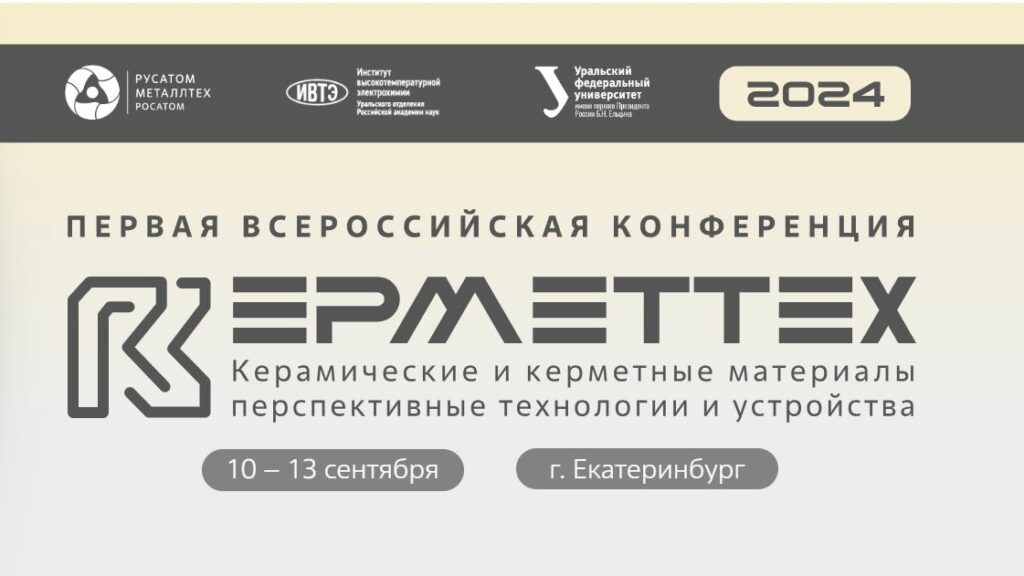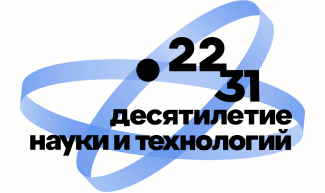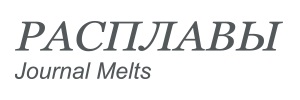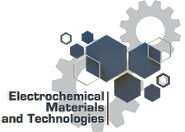Head of the Laboratory:
Aleksadr Dedyukhin,
PhD (Chemistry)
Tel.: (343) 374 59 04
e-mail: dedyukhin[at]ihte.uran.ru
There are 18 Research Associates including 1 Doctor of Science in Chemistry, 1 Doctor of Science in Technology and 3 PhDs in Chemistry.
_________________________________________________________
Research directions:
Corrosion mechanisms of metal and ceramic construction materials in molten media, promising for creation of pyrochemical technologies for reprocessing of raw materials, including spent nuclear fuel.
Experimental research and thermodynamic modeling of high temperature processes between metals, oxides, nitrides in order to create novel resource-saving technologies for reprocessing of man-caused raw materials, including spent nuclear fuel.
The following results were achieved within 2019-2022:
-
Interaction processes between REM nitrides and chloride melts were studied in the temperature range of 450 – 700 °С.
-
The corrosion behavior of alloys promising for MSR application was studied in the alkali metal chloride melts with addition of REM chlorides in the temperature range of 500 – 650 °С.
-
The influence of different types of the preliminary treated surfaces on the corrosion behavior of steels in molten chloride mixtures was determined.
-
The solid phase synthesis of the Gd2-хLiхZr2O7-δ (0≤x≤0.5) and Gd2-хMgхZr2O7-δ (x=0.05, 0.1, 0.15, 0.2) compounds was performed. A new method of soluble synthesis of the same compounds to be used as construction and functional materials for high-temperature applications in molten alkali-halide media was developed. The corrosion behavior of these materials in the melt based on lithium chloride was studied.
-
13 published research papers are indexed in Web of Science, 23 research papers are indexed in Scopus.
-
4 RF patents were issued.





